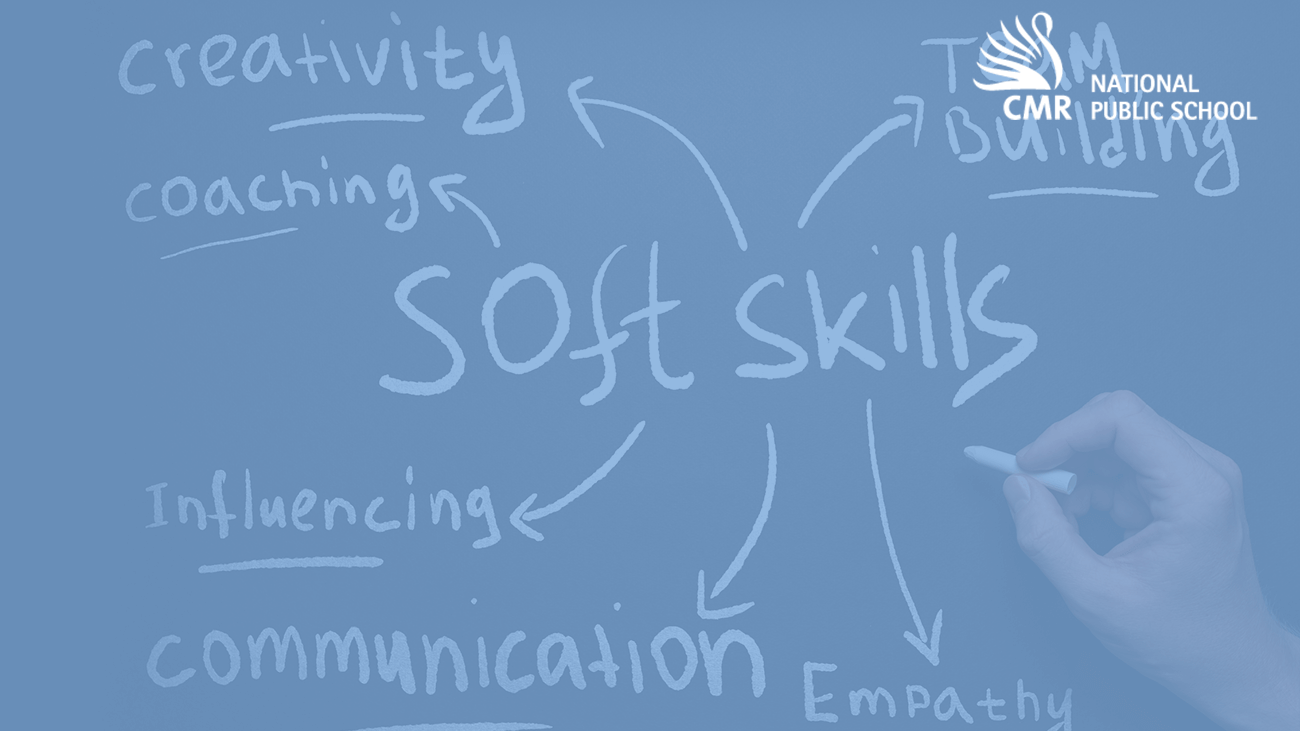Table of Contents
Learning is a journey filled with exploration and growth, but when faced with complex subjects, that journey can seem daunting. The mere thought of tackling intricate scientific theories or convoluted philosophical concepts might make you want to retreat. However, some effective strategies can help one demystify complex subjects and make learning difficult topics a more manageable and rewarding experience.
Break it Down into Digestible Units.
Complex subjects are often like intricate puzzles; attempting to solve them simultaneously can be overwhelming. Instead, break the issue down into smaller, more digestible units. Think of it as deconstructing a giant puzzle into smaller pieces. By focusing on one piece at a time, one can build a foundation of understanding that gradually connects the dots to reveal the bigger picture.
Visual Aids: Illuminating the Path to Understanding
Visual aids are like guiding beacons in the realm of complex subjects. They can range from diagrams and flowcharts to mind maps and infographics. These tools visually represent concepts, making them easier to comprehend. Whether you’re deciphering the molecular structure of a compound or understanding the interactions in an ecosystem, visual aids simplify intricate information, making it easier to remember and apply.
Real-Life Connections: Finding Relevance
Complex subjects often gain meaning when one can relate them to real-life scenarios. Seek out news articles, documentaries, or examples from your experiences that tie into the subject matter. For instance, if you’re learning about economics, observe the principles in action within global markets or local businesses. By seeing the subject’s real-world relevance, you’ll be more motivated to grasp its intricacies.
Active Learning: Engaging the Mind
Active learning encourages you to immerse yourself in the subject matter. Instead of passively reading or listening, actively participate. Solve problems, ask questions, and discuss concepts with peers. If you’re studying history, consider role-playing historical figures or debating the impact of certain events. Active engagement sparks curiosity and transforms learning into an interactive adventure. Explaining a complex subject to someone else forces you to simplify and clarify the content. It’s like translating a foreign language into one you understand fluently. Offer to tutor a friend, create educational content, or engage in group study sessions. Teaching others enhances your understanding and solidifies your knowledge.
Patience and Persistence: Embracing the Process
Remember, mastering complex subjects is a gradual process. Be patient with yourself and acknowledge that learning takes time. Understand that setbacks are part of the journey. When faced with challenges, take a step back, review your approach, and keep moving forward. Persistence in the face of difficulty is vital to conquering complex subjects.
Demystifying complex subjects requires a blend of strategies, a positive mindset, and a willingness to embrace the learning process. By breaking down topics, utilising visual aids, drawing analogies, connecting concepts to real life, engaging actively, teaching others, and nurturing patience and persistence, you’ll transform intricate subjects into conquerable territories. As you embark on this journey, remember that the skills you acquire extend beyond the subject matter—these strategies equip you with valuable tools to tackle any challenge that comes your way. So, fear not the complexity, for with the right approach, you’re bound to unlock the treasures of understanding hidden within.

Tejasvi Sisodia
Senior School English Educator


